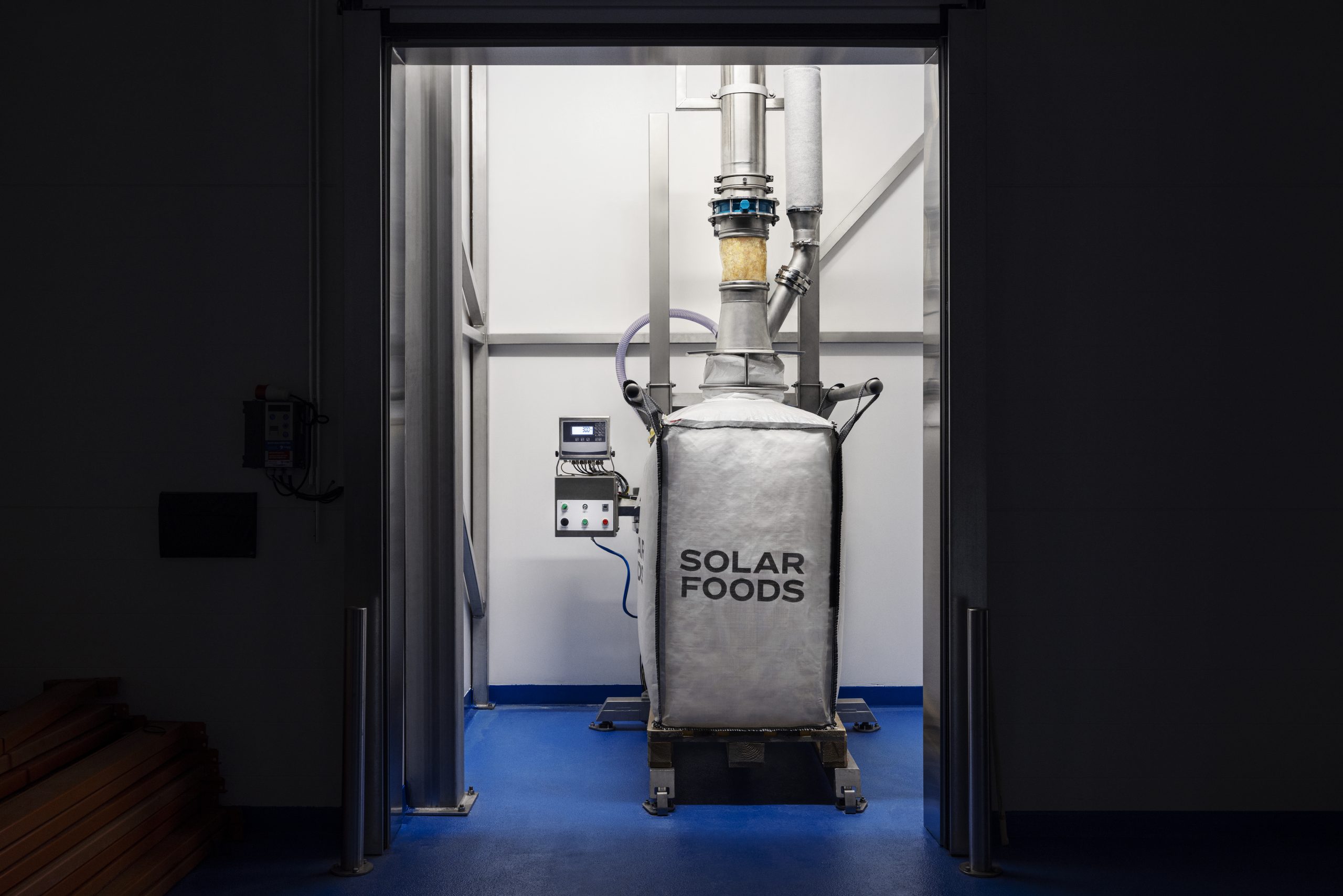Most cells in the body can patch up damage by dividing to create new versions of themselves. But the neurons in our brain lack this ability, so once they’re damaged through illness or injury, there’s not much that can be done. Worse still, in an overzealous attempt to protect the injured site, glial cells form scar tissue around damaged brain regions, which can reduce what little neuron growth there might be and prevent neurons from effectively communicating with each other. The good news is scientists have found a way to reverse this process in lab conditions with the help of a chemical formula to efficiently turn these scar tissue builders into neurons. The converted nerve cells proved to function as well as normal neurons would in the brain, forming networks and communicating effectively with each other. The remarkable technique could eventually lead to pills that treat brain injuries, stroke or Alzheimer’s disease.
New discovery could lead to medicine that enables the brain to heal itself
More of Today's Solutions
The case for taxing big fossil fuel firms: a solution for funding climate res...
A fresh report argues that imposing a tax on fossil fuel firms operating in the wealthiest countries may dramatically boost climate finance, delivering much-needed ...
Read MoreNavigating digital dating and modern relationships
Digital dating has changed the way we connect, creating a new vocabulary of phrases such as ghosting, orbiting, and breadcrumbing. While these activities may ...
Read MoreThese companies will cover employees’ legal abortion travel costs
Following the monumental overturning of Roe V. Wade by the US Supreme Court, residents of many states are facing the reality that they won’t ...
Read MoreHow to host a more sustainable super bowl party
This year, the Arizona Super Bowl Host Committee in collaboration with NFL Green is working together to make this year’s Super Bowl as sustainable ...
Read More










